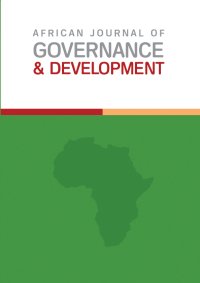Multidisciplinary Community Development: A Substantive Theory for Community Partnerships processes
Main Article Content
Abstract
This paper presents the key findings of a more extensive qualitative study that focused on the complexities of professionalising community development in South Africa. By drawing on multiple case studies and data sources, the paper offers a substantive
theory of collaborative multidisciplinary community development. Multidisciplinary collaborative partnership theory posits that coordinated multidisciplinary teams,working at the community level, provide necessary cross-discipline expertise.
Furthermore, facilitating the community's participation as a key stakeholder creates the conditions for authentic community development. A total of seventy-four participants, including social workers, service users of community development
projects, community development workers (CDWs) located at the local municipalities, and community development practitioners(CDPs) from the provincial and national Department of Social Development were interviewed. This study was implemented using the constructivist grounded theory inductive data analysis process, which encompasses six stages: (1) negotiating community entry, community mobilisation, and the social contract (2) collaborative household and community profiling. (3)
community dialogue, identification of problems and community priorities, (4) community-based planning, (5) implementation and collaboration, and (6) monitoring and evaluation underpinned by enabling a sustainable environment. 'The findings
revealed that practitioners in the community development field are working in isolation. Thus, there is a need for a substantive theory that informs the multidisciplinary community development process of collaboration and partnership at the community level.
Article Details

This work is licensed under a Creative Commons Attribution-NonCommercial-NoDerivatives 4.0 International License.
